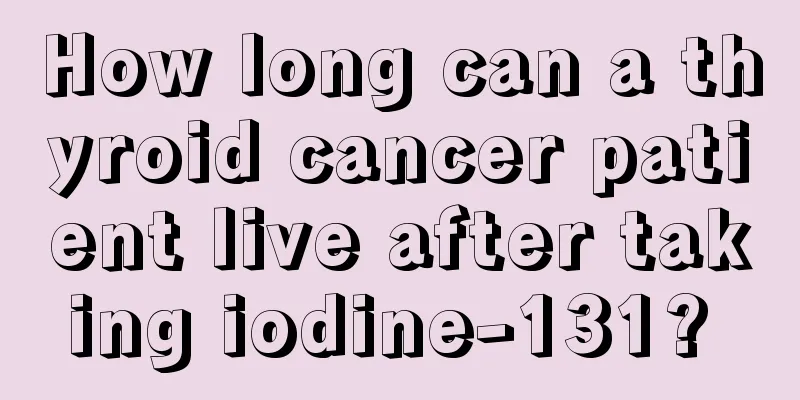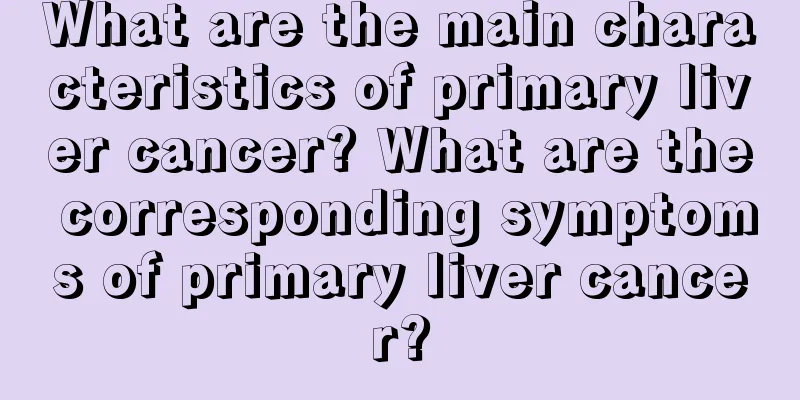How long can a thyroid cancer patient live after taking iodine-131?

|
Iodine-131 usually refers to radionuclide therapy. There is no clear clinical research and data to show how long the life of thyroid cancer radionuclide therapy is. It is affected by many factors and cannot be generalized. If it is a thyroid cancer with a lower degree of malignancy, the five-year survival rate after treatment is mostly above 70%, but if it is a thyroid cancer with a higher degree of malignancy, the prognosis is not ideal. Radionuclide therapy, also known as iodine-131 therapy, can be used for postoperative treatment of papillary thyroid cancer, follicular carcinoma, etc. It is suitable for patients over 45 years old with multiple cancer foci, local invasion and distant metastasis. It will destroy residual cancer tissue and cancer cells after thyroid surgery and reduce postoperative recurrence and mortality. If the patient has papillary thyroid cancer and is in the state of papillary thyroid cancer I and II at this stage, after a period of radionuclide therapy, it is possible to achieve clinical cure, and the five-year survival rate is 70%~90%. However, if follicular thyroid cancer occurs, the overall prognosis is not ideal due to its high malignancy. Especially after entering the stage II and III, even if treatment is given, there is a possibility of recurrence and metastasis, and the five-year survival rate is 60%~70%. If there is medullary carcinoma and undifferentiated carcinoma, the prognosis may be worse. The average survival of undifferentiated carcinoma is 3-6 months, and the annual survival rate is only 5%-10%. It is recommended that after the diagnosis of thyroid cancer, you should actively cooperate with the doctor for treatment. At the same time, you should strengthen your personal life care, such as maintaining an optimistic and cheerful attitude, paying attention to the combination of work and rest, and engaging in appropriate outdoor activities as long as your body allows. After clinical recovery, you should see a doctor regularly according to the doctor's advice to avoid recurrence. |
<<: Is poorly differentiated lung cancer easy to treat?
>>: Why does my face turn pale after chemotherapy for lung cancer
Recommend
How to identify tinea versicolor
The symptoms of skin diseases are very similar, a...
How to identify the quality of disposable towels
The use of disposable towels is quite common in o...
Basic knowledge of human meridians
The main function of the human body's meridia...
Tips for girls to get rid of leg hair
Many people have very dense body hair, especially...
Red bags under the eyes
When people lack sleep, or smoke or drink, it is ...
What are the symptoms of mid-stage prostate cancer
Prostate cancer is a serious disease that men are...
What is the best way to care for small cell lung cancer
What is the best way to care for small cell lung ...
What will happen if bladder cancer is not removed at the age of 76
If bladder cancer is not removed at the age of 76...
What are the dangers of noise-isolating earplugs
Many friends who live in dormitories and near the...
What are the steps to do sledding?
Nowadays, most young people in cities don’t know ...
What is the cause of fingernail delamination and how to deal with it
Fingernails are a kind of keratinous shell at the...
How does scale react with dilute hydrochloric acid?
We all know that scale contains a lot of harmful ...
What are the symptoms of stomach cancer in pregnant women
Pregnant women can also get stomach cancer, which...
Dust masks, what are the precautions when using dust masks
At present, air pollution is very serious, and sm...
3 necessary diagnostic items for patients with esophageal cancer
Esophageal cancer is a common malignant tumor tha...









